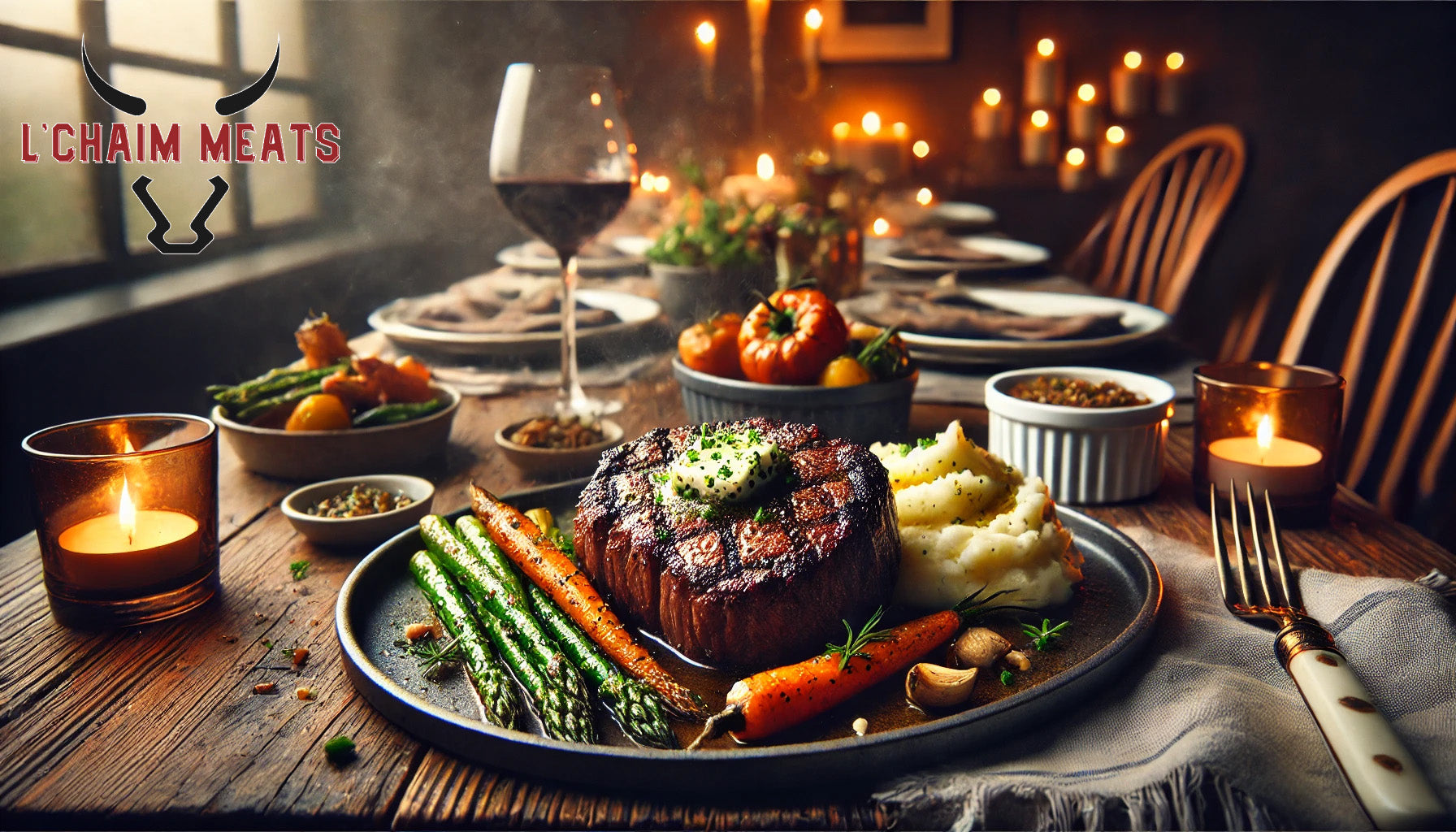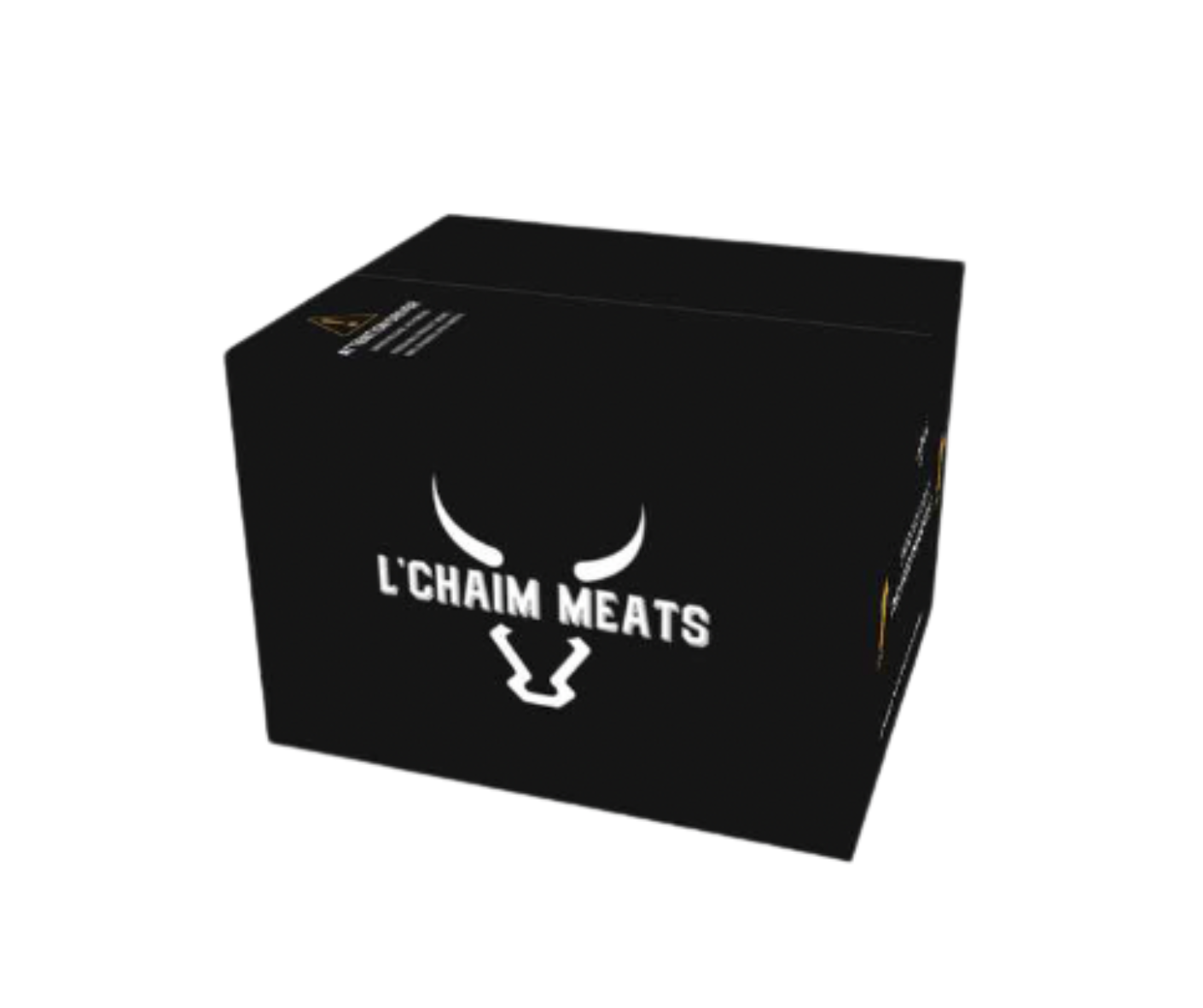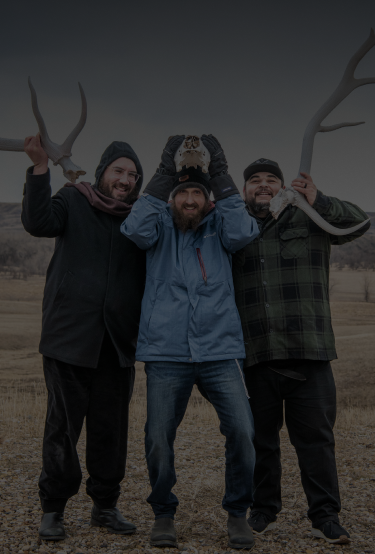
Understanding Kosher: What Makes Meat Kosher? Featuring L’Chaim Meats
Kosher meat is a central part of Jewish dietary practices, governed by the ancient laws of kashrut. For those curious about kosher eating or looking for high-quality kosher options, understanding the principles that make meat kosher is essential. Companies like L’Chaim Meats exemplify how these traditions are maintained while offering premium products. Let’s explore what makes meat kosher and why L’Chaim Meats stands out as a trusted provider.
What Is Kosher Meat?
Kosher meat adheres to Jewish dietary laws, ensuring every step—from the type of animal to the preparation—is in accordance with kashrut. For meat to be kosher, it must satisfy specific guidelines about the animals, their treatment, and the slaughtering process.
Key Requirements for Kosher Meat
1. Permissible Animals
The Torah specifies which animals are kosher:
The L’Chaim Meats Difference
When seeking kosher meat, quality and adherence to kashrut are paramount. L’Chaim Meats is a trusted name that excels in both areas. Here’s why:
- Ethically Raised Animals: L’Chaim Meats sources animals raised in humane and sustainable environments, ensuring high welfare standards from start to finish.
- Authentic Kosher Certification: All products undergo meticulous rabbinical supervision, from slaughter to packaging, guaranteeing full compliance with kosher laws.
- Premium Quality: By adhering to strict inspection and preparation processes, L’Chaim Meats offers some of the finest kosher meat available.
- Convenience: Their products are readily available online and at select retailers, making it easy to access premium kosher meat wherever you are.
Benefits of Kosher Meat
1. Humane Practices
The kosher slaughter process emphasizes ethical treatment, aligning with high animal welfare standards.
2. Superior Quality
Companies like L’Chaim Meats prioritize inspection and cleanliness, ensuring only the best cuts of meat make it to your table.
3. Cultural and Spiritual Connection
Why Choose L’Chaim Meats for Your Kosher Needs?
Choosing kosher-certified brands like L’Chaim Meats ensures peace of mind. Their commitment to ethical sourcing, meticulous preparation, and authentic kosher certification sets them apart in the kosher meat industry.
From their farm-to-table approach to their dedication to customer satisfaction, L’Chaim Meats embodies the essence of what makes kosher eating meaningful and high-quality.
Kosher meat isn’t just about following dietary laws; it’s a tradition rooted in ethics, spirituality, and cultural heritage. L’Chaim Meats make it easier than ever to embrace kosher eating without compromising on quality or convenience. Whether you’re exploring kosher eating for the first time or looking for the best products, L’Chaim Meats is a name you can trust.



